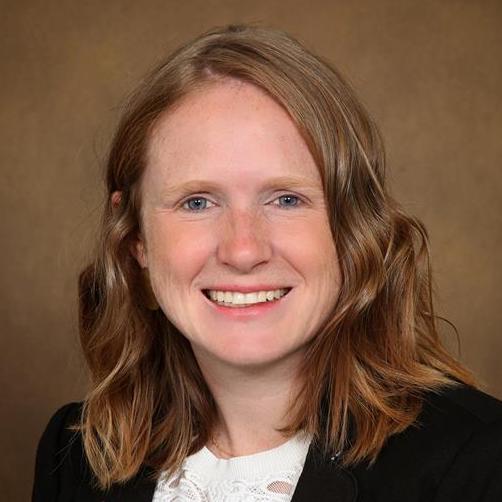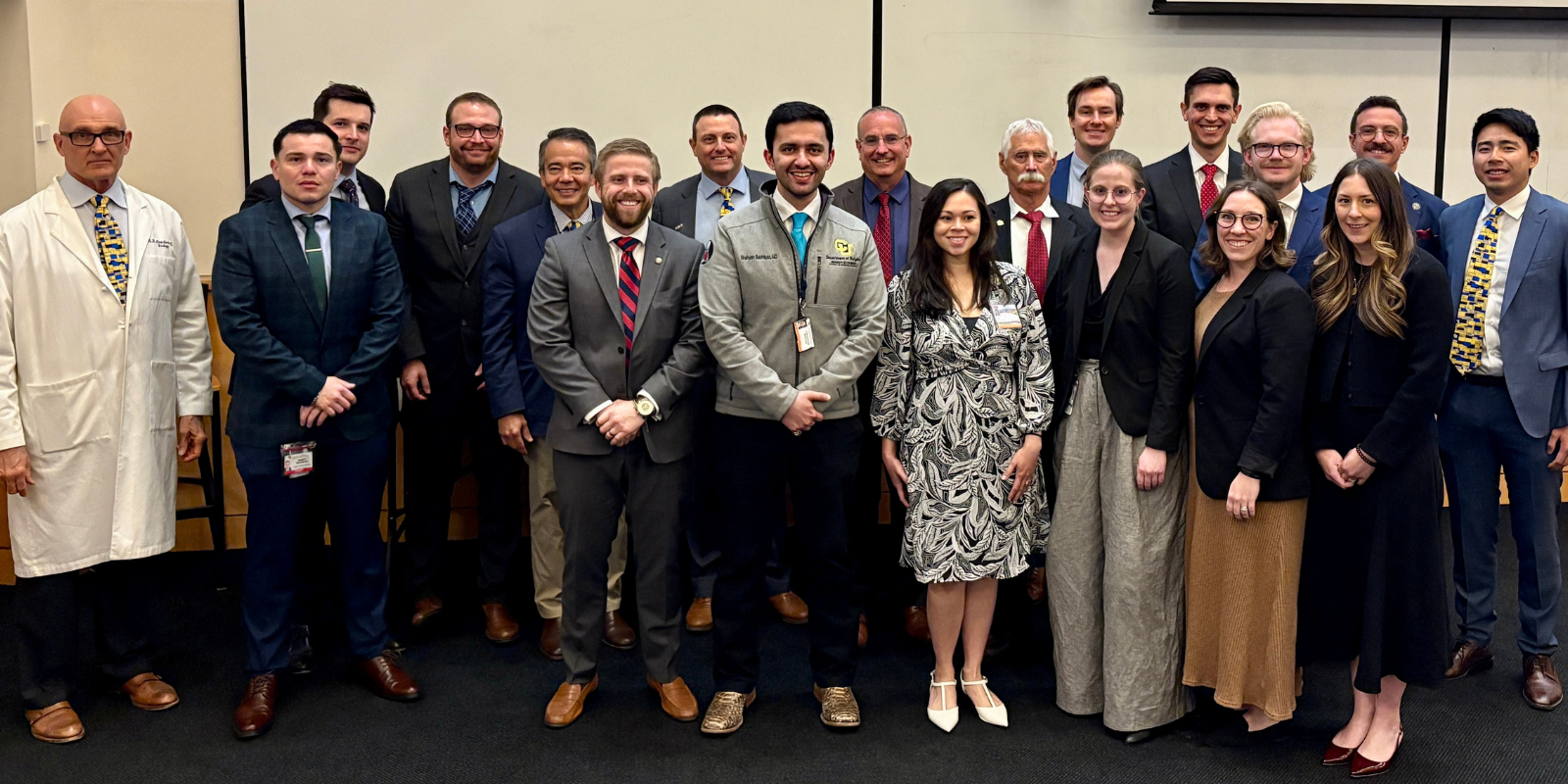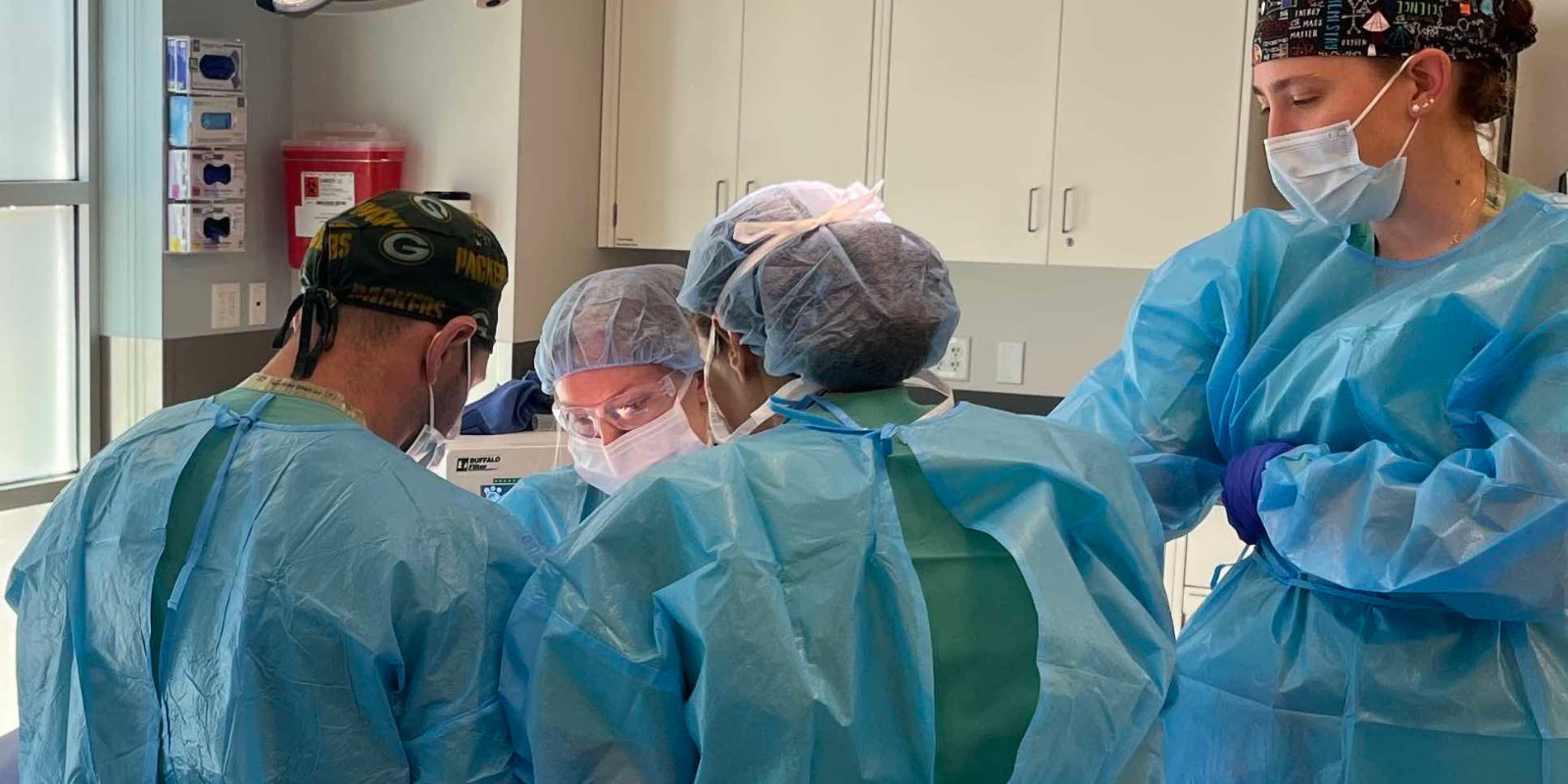Jamie Shatz went to school to become a physician assistant (PA), but once she graduated, she knew she needed more training to pursue the job she really wanted: a surgical PA.
“I went to PA school at a very well-known hospital and a very well-known medical school with a large teaching program, but we mostly sat back and didn’t learn how to do anything,” she says. “I was working with residents all the time, and I didn’t really get exposure to what being a surgical PA was like.”
In March 2023, Shatz joined the Advanced Practice Provider Fellowship Program in the University of Colorado Department of Surgery, which was created four years ago to educate, train, and recruit advanced practice providers (APPs) in surgery and critical care and successfully integrate them into a career.
“It’s been a very good experience so far,” says Shatz, 27. “I think this was the best thing I could do for my career. It’s a good way for me to get my feet wet and transition to being the person who’s assisting in the operating room and learning how to do those things myself, because I didn’t really get that experience as a student.”
Prep course
That’s the whole idea behind the APP fellowship program, says Alexis Keyworth, PA-C, MS, a PA in the cardiothoracic intensive care unit at UCHealth University of Colorado Hospital who also oversees the training program.
“The main reason people choose to do a fellowship is because they feel ill-prepared, coming right out of school, to function autonomously in either an ICU setting or a surgical setting,” Keyworth says. “They feel like they didn't get enough experience. They do a program like this in order to gain additional expertise to make them more qualified and appealing as a candidate and more competitive for jobs.”
Staying well-rounded
The one-year fellowship has two tracks: a surgical track that provides didactic and clinical experience across the continuum of care for surgical patients, and a surgical critical care track dedicated to training and recruiting APPs for a career in surgical critical care specialties. The program typically welcomes new trainees each March, though this year it brought on a new cohort in September. The fellowship begins with a month of shadowing and training in the classroom, after which the fellows begin training rotations across a variety of services and units.
“They tend to be quite well-rounded in their exposures and experience, and their decisions are very informed as to where they want to work, because they’ve worked in all different teams and subspecialties,” Keyworth says. “They have a much better sense, from direct experience, where they want to land in their career.”
The fellows also stay connected as a cohort throughout their training, which adds to the experience.
“The camaraderie among the fellows is great,” Keyworth says. “They have a lot of people who are in their same boat — people to decompress and talk about their experience with.”
In-house training
The APP fellowship program began in response to a large number of vacancies within APP positions in multiple surgical subspecialties. It was envisioned as a pipeline for training and hiring people to work within the Department of Surgery.
“The idea was to get them on board with these teams that have gaps in coverage, and they wouldn’t need as much training because they’ve already done this program,” Keyworth says. “If they choose to stay here, they have built relationships with different faculty members and nurses. They get to know a lot of people throughout the hospital, and that helps them to better understand how the system functions and bring a more well-rounded perspective to the job they end up choosing.”
Voices of experience
For Conor Linehan, 31, who started in the fellowship’s surgical critical care track in March 2023, the program has been a way to improve his skills as a nurse practitioner within surgery, and to get closer to his goal of working in an ICU.
“One of the most important things I've gotten out of it is that you get to see how the APP teams interact with the doctoring teams — what the expectations are, how they interact with each other,” he says. “Having a broad insider perspective on the different units and teams has been very valuable.”
Shatz agrees, adding that being in the fellowship provides a very different quality of on-the-job training than she might have received had she gone straight into a job as a PA.
“The learning curve for us is very steep, but I think it would have been a lot steeper to go straight into a surgical job,” she says. “I have a lot of friends from PA school who took surgical jobs right out and are really struggling. This is something that takes years and years to get good at. This is a good kickstart, and a good environment where people understand that you’re still learning and you still have a lot to understand. That makes them more willing to teach you.”





